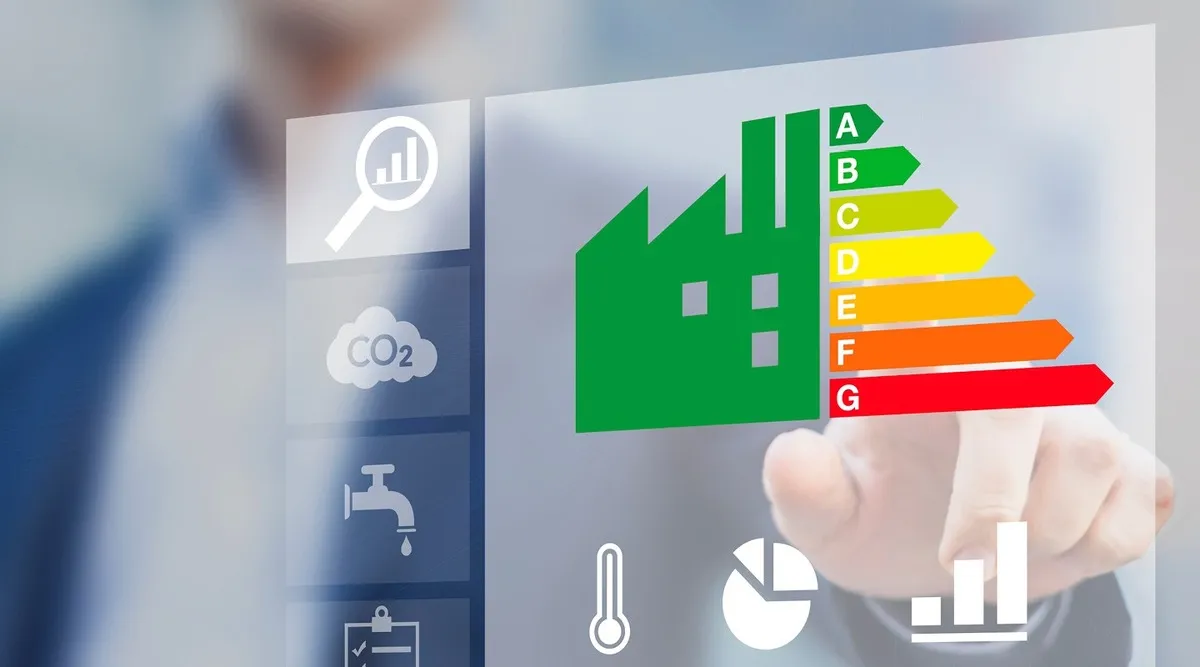Iranian Company’s Products Optimize Energy Consumption in Buildings with Smart Management

“With the aim of providing specialized products and services for smart building management, we are moving towards optimizing energy consumption and improving building security,” Hamed Mashayekhi, the sales manager of the knowledge-based company, told ANA.
He added that by using the smart systems for buildings, devices like video door phone, parking doors, entrance doors, lighting and cooling and heating systems that are generally connected to electricity through management equipment and software for smart buildings can be controlled remotely.
“Customers of these knowledge-based products can control the activity of their electrical devices and equipment in the building through an application,” Mashayekhi said, adding that with the help of the smart system, energy wastage is prevented to a significant extent and electricity consumption is minimized.
“The goal of our company is to indigenize technological products so that finally a product with a higher quality than other traditional products and suitable for the needs of buildings will be made,” he underlined.
Earlier this month, an Iranian technological company had also designed a program that allows offices to remotely control cooling and heating systems during peak hours with the help of temperature sensors.
“Our company is active in the field of intelligent lighting systems and management of cooling or heating system to decrease energy consumption by using the Internet of Things,” Arash Mohammadian, the managing director of Pasargad Sabz Energy Industries company stationed at Islamic Azad University’s Qazvin branch, told ANA.
He added that in addition to lighting systems, the company has also made smart cooling and heating systems for offices.
“We have designed a program that can remotely control cooling and heating systems during peak consumption hours in winter or summer with temperature sensors.
For instance, the power department can remotely turn off the heating or cooling system of an office that is left on,” Mohammadian said.
“These smart systems work optimally and based on the peak hours; they are turned on and turned off so that the temperature balance is maintained and the employees are not disturbed,” he added.
4155/v





















